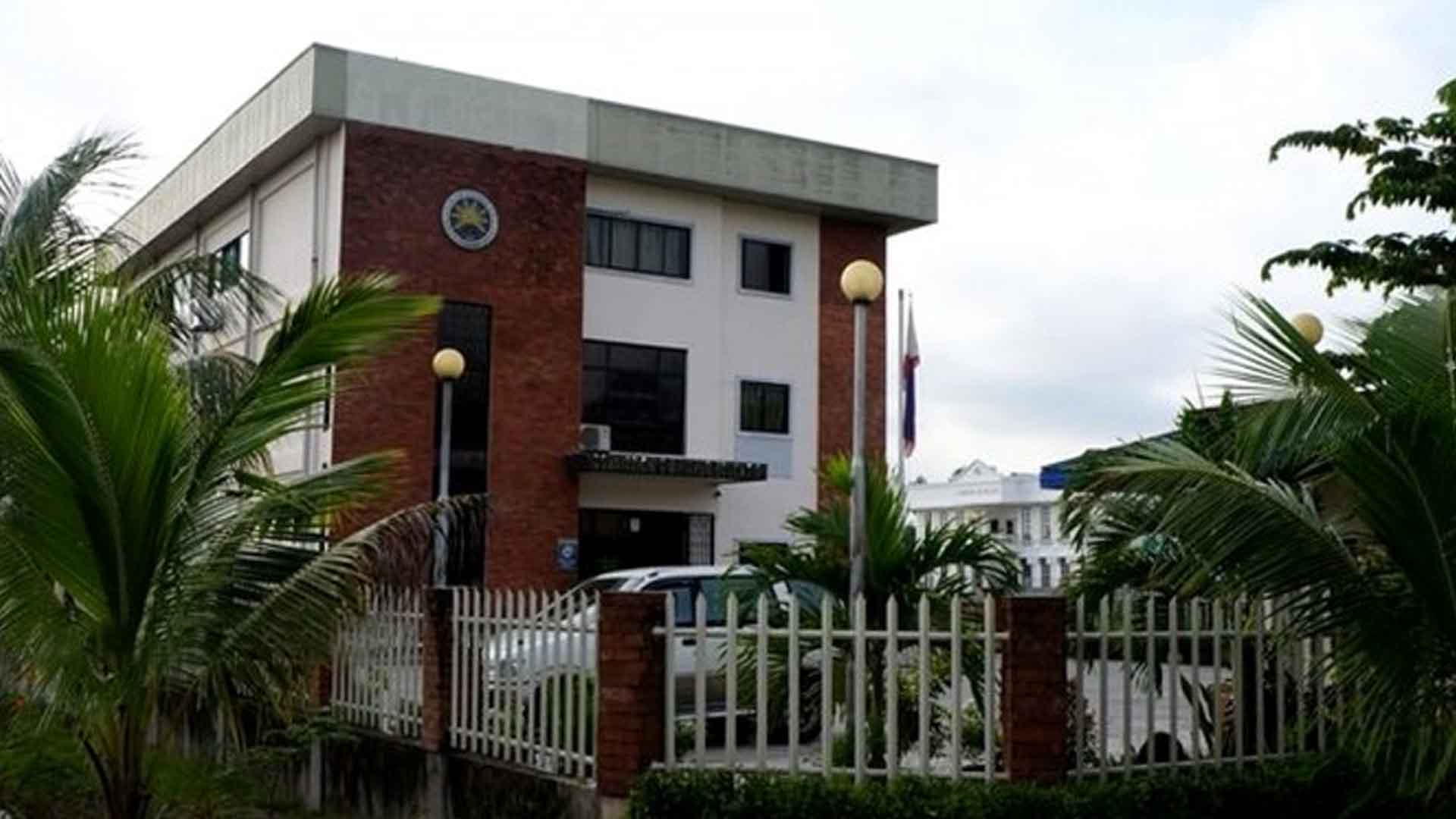Higher education institutions (HEIs) in Region 12 (Soccsksargen) have fully adjusted to the flexible learning mode as the country enters another academic year under the “new normal” due to the continuing coronavirus disease 2019 (Covid-19) pandemic.
Nelia Alibin, director of the Commission on Higher Education (CHED)-Region 12, said colleges and universities in the area have accepted the scenario of the traditional face-to-face classes not resuming anytime soon.
She said flexible and blended systems could become the primary learning modes even when the situation normalizes later on.
Alibin said they had authorized the HEIs to decide on the applicable learning systems, with most choosing the online and blended modes.
She said the schools have already made significant investments in various technologies, personnel training, and retrofitting of facilities.
“Both our schools and students have now adjusted well with flexible learning compared to last year,” she said in a media forum on Thursday afternoon.
In the previous school year, 111 HEIs in the region were able to operate by way of flexible learning due to the scrapping of face-to-face classes at all levels in the country.
In a report, CHED-12 said the mode comprised combined online and offline learning, blended delivery, and modular method.
Some colleges and universities did not opt to offer full online delivery due to the unstable internet connectivity in some areas, it said.
For the next academic year 2021-2022, the agency issued authority to 13 HEIs to hold limited face-to-face classes.
It was approved for schools that offer medicine, medical technology, physical therapy, nursing, and midwifery courses or programs.
Alibin said they are closely coordinating with the concerned schools to ensure its smooth implementation. (PNA)









